Race and Skiing
“The most pernicious zones of racism are the spaces where racial segregation continues to go unnoticed and therefore unquestioned.”
Anthony Kwame Harrison
From: Black Skiing, Everyday Racism, and the Racial Spatiality of Whiteness
Covid-19 did not stop public transportation in Minneapolis, but a Lack of Justice has.
Race is a term used often in competitive skiing. As in, “how was your race?” or “that was a great race!” Race… Racing... Raced... How about Racism? Skiing is one of many lenses through which we can observe the effects of systemic racism.
Below are a few questions I have been asking myself recently. These questions have helped highlight some of the connections between systemic racism and skiing:
Who has time for leisure? Who doesn’t have time for leisure? Unfortunately, there is little research.
Who has a ride to practice?
Who can afford equipment? Trail passes?
What is it like to travel while Black? #travellingwhileblack
What factors exclude Black travelers?
Who sees police and feels less safe?
What factors contribute to segregation of Black and Indigenous populations in cities like Minneapolis?
With Ahmaud Arbery in mind, where do white people feel safe running that Black people do not?
In general, what are the systemic variables influencing the participation of Black people in skiing?
The biggest question for me right now isn’t “how do we get more racial diversity in skiing?” Rather, how do we dismantle a system that has oppressed Black people for over 400 years?
Here are a few resources that we have found helpful in the past two weeks to better understand systemic racism and how to participate in dismantling it:
Annie Gilbert Coleman’s 1996 article The Unbearable Whiteness of Skiing (click the PDF tab on the right hand side to download) offers an historical perspective of the racial inequities of skiing in the US.
In the 2013 article Black Skiing, Everyday Racism, and the Racial Spatiality of Whiteness, Anthony Kwame Harrison states “the most pernicious zones of racism are the spaces where racial segregation continues to go unnoticed and therefore unquestioned.”
Coalition Snow’s blog: Silence is Oppression, including actions that we can take to be anit-racist.
Me and White Supremacy by Layla Saad. “White supremacy is far from fringe. In white-centered societies and communities, it is the dominant paradigm that forms the foundation from which norms, rules and laws are created.” This workbook helps readers better understand white privilege and help dismantle white supremacy.
So You Want To Talk About Race by Ijeoma Oluo. Chapters led by questions like “Is police brutality really about race?” and “what if I talk about race wrong?” help answer some of the foundational questions people may have around race.
R.T. Rybak’s critique of policing in Minneapolis, While the City I Love Burns. Rybak was a 3-term Mayor of Minneapolis and integral in the founding of the Loppet Foundation.
Here are a start to the actions we are taking at Lumi to be anti-racist and support Black lives:
1. We have donated to:
The Dream Corps as we believe in both programmatic and systemic change.
WBC Restore North fund to support Minneapolis Northside small businesses.
Twin Cities Habitat for Humanity to support housing initiatives in Minneapolis.
And we will continue to support organizations like the Loppet Foundation, whose mission is to crate a shared passion for year-round outdoor adventure in the Minneapolis area, focusing on under-served youth and families.
2. We are continuing to listen, reflect on our own biases and educate ourselves on how to actively be anti-racist and support black lives.
3. We are offering free admission to any Lumi ski clinics, and scholarships for Lumi ski trips, to people who identify as Black, Indegnous and People of Color. Please let us know if you are interested or share this with people who might be.
What resources have been helpful for you? What actions are you taking? We’ve been collecting ideas on Instagram. Head on over for ideas or to share your own.
As Rev. Al Sharpton stated in George Floyd’s eulogy, “this is a movement, not a competition.” Let’s keep moving!
See you on the trail,
Garrott Kuzzy and Catherine Collins

